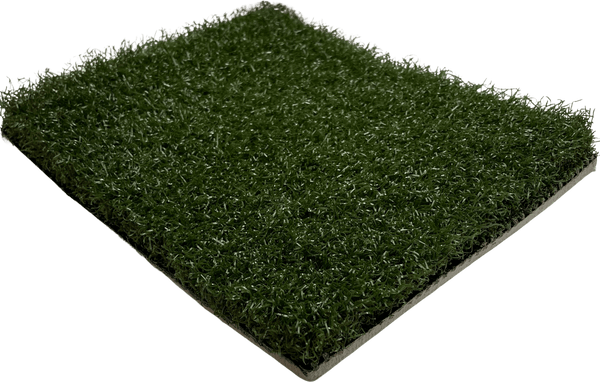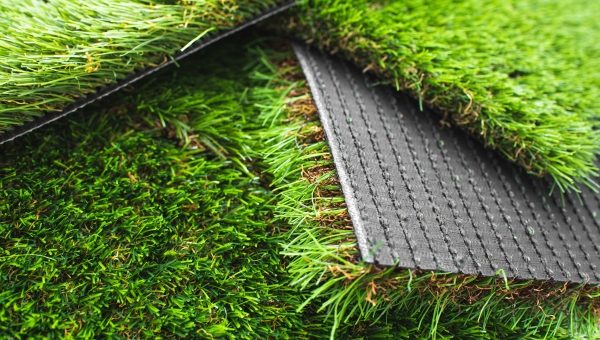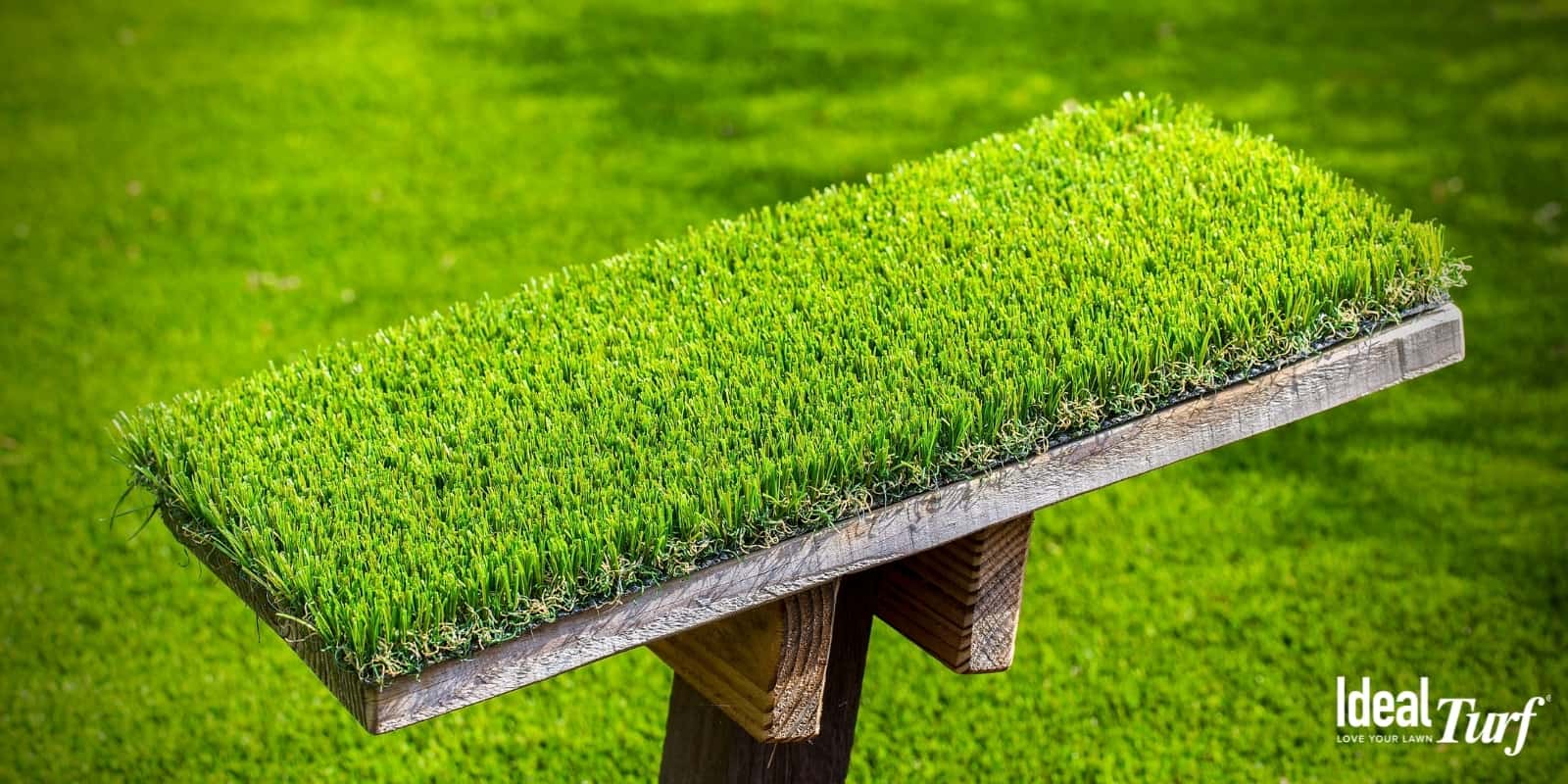Delve Into the Environmental Benefits of Opting for Synthetic Grass Solutions
The fostering of synthetic lawn options offers an engaging chance to deal with pressing environmental difficulties. By dramatically lowering water use and decreasing the application of dangerous chemicals, these options not just advertise sustainable landscape design yet likewise protect regional communities.
Water Conservation Conveniences
One of the most significant advantages of man-made turf is its capacity to conserve water. Standard lawn lawns call for substantial irrigation, especially in areas susceptible to dry spell or water restrictions. On the other hand, synthetic turf does not need watering, significantly lowering the overall demand for water resources. This attribute is especially useful in arid areas where water scarcity is a pressing issue.
By removing the need for regular watering, synthetic grass contributes to lasting landscape practices and assists mitigate the environmental influence of excessive water consumption. Moreover, the conservation of water includes the decrease of drainage, which can result in dirt disintegration and river pollution.
Additionally, the setup of synthetic grass enables property owners and districts to allocate water sources more successfully, concentrating on necessary uses such as drinking water and agriculture. The shift in the direction of man-made lawn not only promotes liable water use however likewise straightens with wider environmental objectives aimed at preserving all-natural resources.
As areas progressively focus on sustainability, the water conservation advantages of synthetic grass provide a compelling case for its fostering in domestic and industrial landscaping tasks.
Reduced Chemical Use
The shift to man-made grass substantially reduces the reliance on chemical therapies frequently utilized in all-natural lawn maintenance. Conventional turf management generally involves the application of chemicals, herbicides, and fertilizers to advertise growth and control insects. These chemicals can posture dangers to human health, neighborhood wildlife, and the environment, adding to soil and water contamination.
On the other hand, synthetic grass eliminates the requirement for these damaging substances. When installed, it calls for very little maintenance, mostly consisting of regular cleaning and seldom infill replenishment. This reduction in chemical use not only benefits the prompt environment however also contributes to more comprehensive environmental security. By lessening the release of artificial substances into the environment, artificial grass advertises much healthier soil and water systems.
In addition, the absence of chemical runoff related to man-made lawn installments aids protect local waterways from contamination, supporting aquatic life and preserving biodiversity. Arizona turf. As areas increasingly focus on lasting practices, going with synthetic grass presents a viable solution that straightens with ecological preservation goals. With this shift, homeowner can appreciate lush environment-friendly rooms without endangering eco-friendly health and wellness, paving the way for a more sustainable future
Lower Carbon Footprint

Furthermore, the setup of fabricated turf can lead to significant water conservation. Natural yards call for considerable amounts of water for watering, which not just includes in the carbon footprint connected with water removal and therapy but likewise stress neighborhood water resources. In contrast, synthetic grass requires minimal maintenance, needing no watering, thus significantly decreasing water usage and its linked energy expenses.
Furthermore, the durability of synthetic grass contributes to its reduced carbon impact. With a life expectancy of as much as 15 years or even more, the requirement for regular substitutes is reduced, causing much less waste and reduced power usage in production and dealing with conventional lawn options. In general, synthetic grass offers a lasting alternative for eco mindful landscape design.
Habitat Preservation
Habitat conservation is a critical factor to consider in the discussion over landscape design options, particularly when comparing synthetic grass to all-natural lawn. Natural grass yards often require comprehensive maintenance, including using fertilizers, chemicals, and herbicides, which can adversely influence regional environments. These chemicals can leach into the soil and waterways, hurting indigenous plants and animals and interrupting local environments.
Synthetic grass gets rid of the requirement for unsafe chemicals, thereby safeguarding nearby wildlife and maintaining the integrity of surrounding communities. The installation of artificial turf can lead to the conversion of former grass locations right into even more biodiverse landscapes, such as pollinator yards or indigenous plant locations, which can support regional wildlife.
Eventually, the shift to synthetic grass my sources not just preserves water and lowers upkeep efforts but also cultivates an extra harmonious relationship in between human tasks and the natural environment, advertising habitat preservation in the process.
Long-Term Sustainability
Lasting sustainability is a crucial consider reviewing the advantages of synthetic grass over typical lawn lawns. Among the most substantial advantages of synthetic grass is its longevity; it can last as much as 15-20 years with minimal upkeep, whereas natural yard needs constant reseeding and replacement. This long life minimizes the demand for constant sources, such as water, Phoenix turf companies fertilizers, and pesticides, which are essential for keeping a healthy turf yard.
Additionally, fabricated grass adds to a reduction in carbon discharges related to yard treatment equipment. Conventional grass typically call for gas-powered mowers, trimmers, and blowers, every one of which add to air pollution. Phoenix turf companies. In comparison, synthetic grass eliminates the requirement for such tools, promoting a cleaner atmosphere
Additionally, the manufacturing of synthetic grass increasingly uses recycled products, boosting its sustainability account. As manufacturers embrace environmentally friendly methods, the ecological impact of synthetic grass remains to reduce.

Conclusion
The adoption of synthetic grass solutions presents significant ecological advantages, including considerable water preservation, decreased reliance on hazardous chemicals, and a reduced carbon footprint. Moreover, synthetic grass help in maintaining all-natural environments by lessening land disturbance and promoting long-term sustainability through making use of resilient materials. Collectively, these factors emphasize the look at this web-site capacity of synthetic turf to add favorably to environmental health and supply a feasible option to conventional landscape design methods in a progressively resource-conscious world.
In comparison, synthetic turf does not require watering, considerably reducing the general demand for water sources. By reducing the launch of synthetic substances into the ecological community, man-made turf advertises healthier dirt and water systems.
Additionally, the installment of synthetic lawn can result in substantial water preservation. In contrast, man-made lawn needs marginal upkeep, needing no watering, therefore considerably lowering water usage and its connected power costs.
